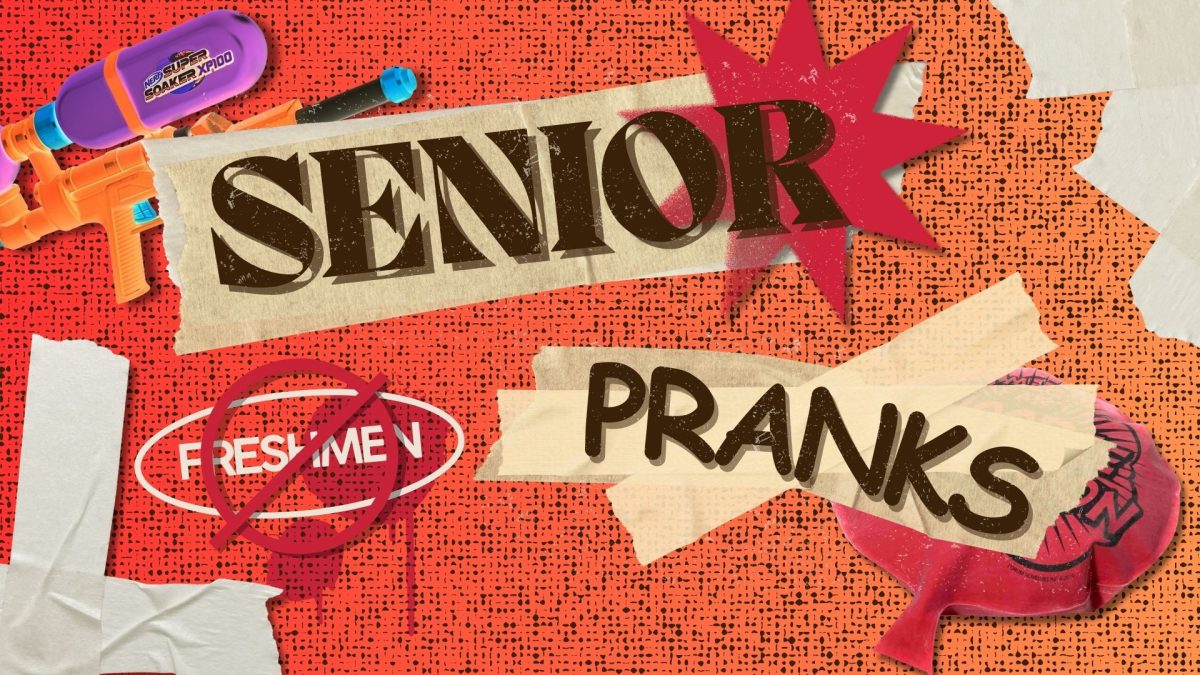The 2024 presidential election left millions of voters across the country confused with the vastly unknown idea of “Project 2025.”
What is Project 2025? The Heritage Foundation, established in 1973 created a detailed resource for future conservative presidents of the republican party (more commonly known as Project 2025). The book serves not only presidential candidates but “The American people, and anyone who is interested in learning more about our vast federal government.” According to Project 2025. The 920 page book is described as “a detailed blueprint for the next Republican president” by By Melissa Quinn and Jacob Rosen, CBS news authors. Former president Ronald Regan was the first president to use the extensive plan in the 80’s, as he adopted almost two-thirds of the foundation’s recommendations throughout his term in office.
As Donald Trump officially won the presidential election the answer of whether or not he will move forward with any of the policies remains unknown. Trump tended to distance himself from Project 2025 throughout the race, denying the democratic assumption that he had any association. Countering this, a recent USA Today article says that a large majority of 38 authors to work for the Heritage Foundation have worked for Donald Trump. The extensive list of 31 highly important secretaries range from Trump’s former acting defense secretary Chris Miller, to Paul Dans, Trump’s former chief of staff of the U.S. Office of Personnel Management and the director of Project 2025. Despite links to the foundation, Trump’s intentions regarding the policies won’t be clear until his term begins.
Of the lengthy and continually updating book, the 44 pages written by Lindsey M. Burke concerning the Department of Education are a considerably huge conversation among Educators, Politicians, and Families across the country. The department consists of all federal education mandates, and was formerly grouped with the Department of Health and Welfare until 1979 when president Jimmy Carter officially signed legislation to create the Department of Education. Although the department governs and enforces congress’s education laws, education is primarily a sState and local responsibility in the United States as they develop curricula, establish schools and colleges, and determine requirements for enrollment and graduation.
Paragraph 1, under Mission states: federal education policy should be limited and, ultimately, the federal Department of Education should be eliminated. The department is made up of 36 programs, but the goal is to reduce the number and transfer the remaining to other federal agencies, for example funding for low income areas will be transferred to the Department of Health and Human Services, and no longer the Department of Education. By doing so, in theory this removes federal standards beyond state control that schools must follow. This creates uncertainty as to how the rights of students will continue to be protected. Ms. Fisher, Constitutional Law & Civics as well as AP Gov & Politics teacher says that as someone who has studied the Republican Party for well over 20 years, “chaos is the point.”
The policy’s idea for primary and secondary education is to “follow the path outlined by Milton Friedman in 1955.” The path Friedman proposed was a system of educational vouchers, or funds given to parents, then towards the school (private or public) of their choice. This system is historically controversial as it fails to protect civil rights, provide aid to students with disabilities, and prove to worsen segregation. As the plan is to eliminate the department of education entirely, this also concerns federal financial aid for students seeking a higher degree of education. Funding to attend colleges and universities is to be restored to the private sector or as Project 2025 says, “the government should revisit its role as a guarantor, rather than direct lender.” This means student loans should no longer be directly given by the government. “If these policy proposals were to go into place, it would remove access to college for many, many, many of our students who rely upon, the FAFSA in order to attend college” says Ms. Fisher, which would have significant impacts on students throughout the country and within the Roosevelt community.
The number of Project 2025 policies that will be passed through required branches of government as well as our future president is far from clear. Regardless, these proposals are worrying to many and closely related to people of all ages dependent on our country’s current education system.





















